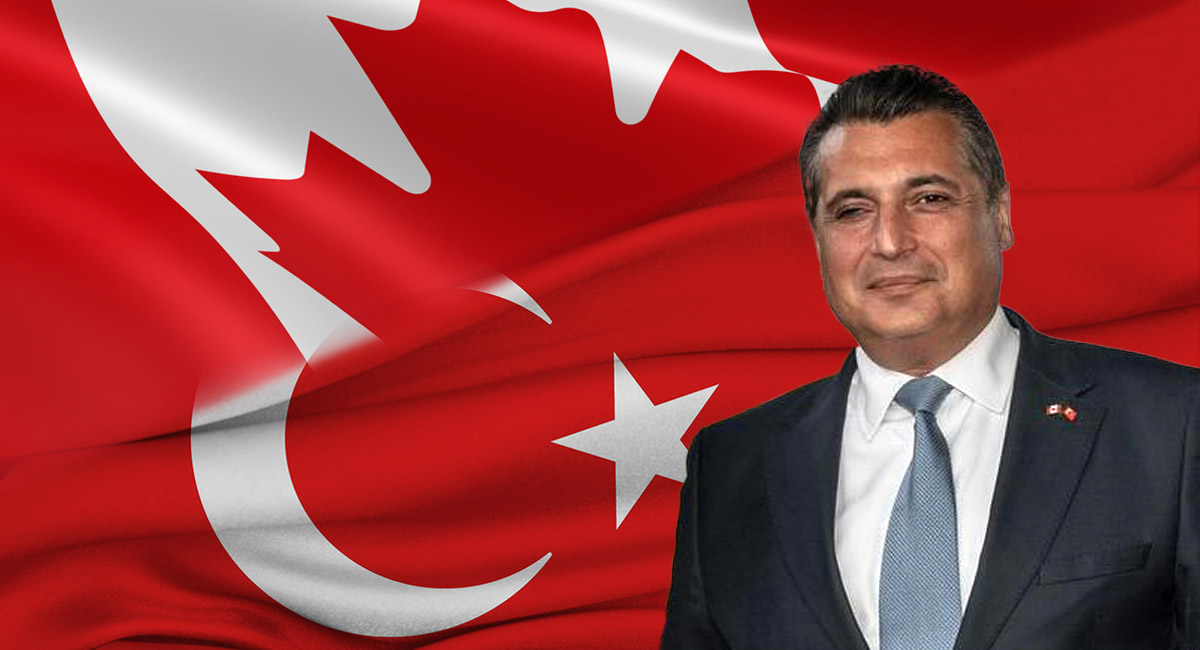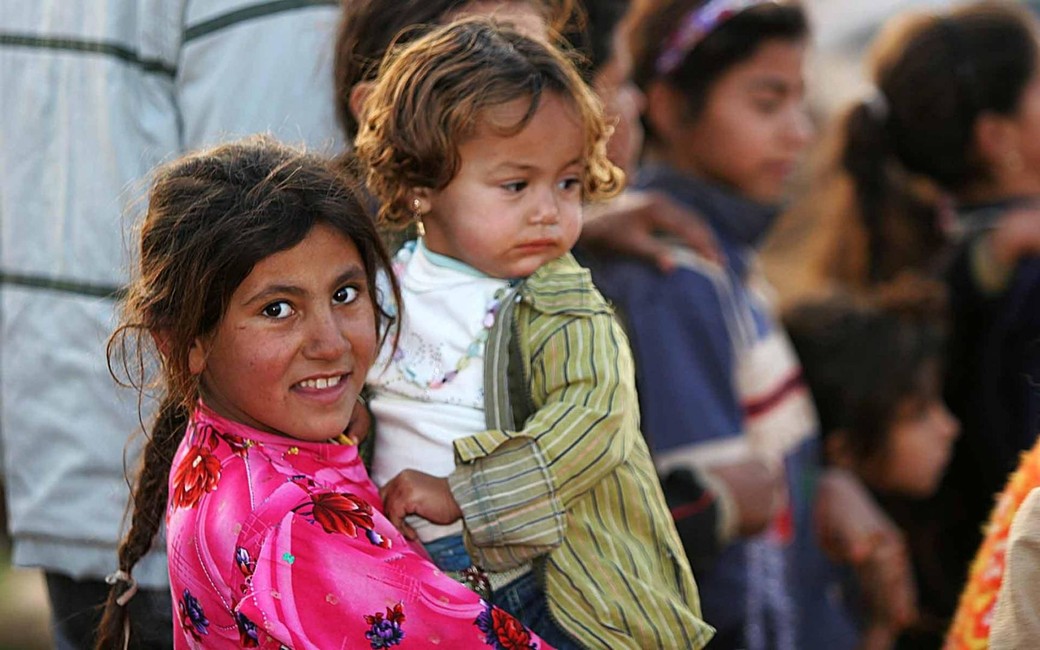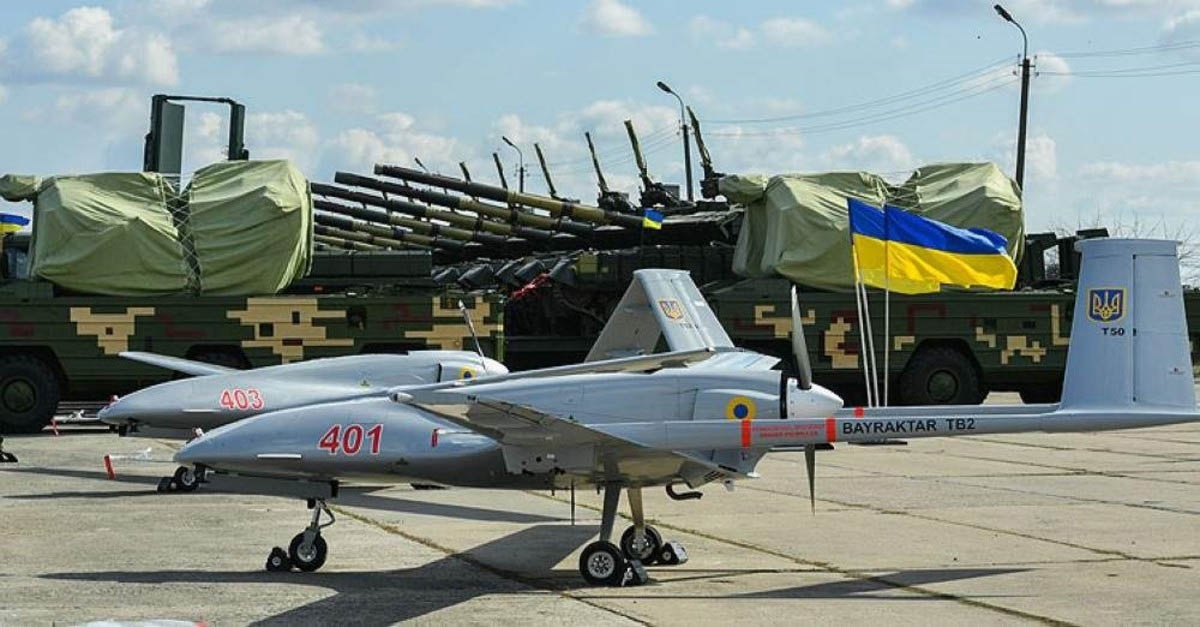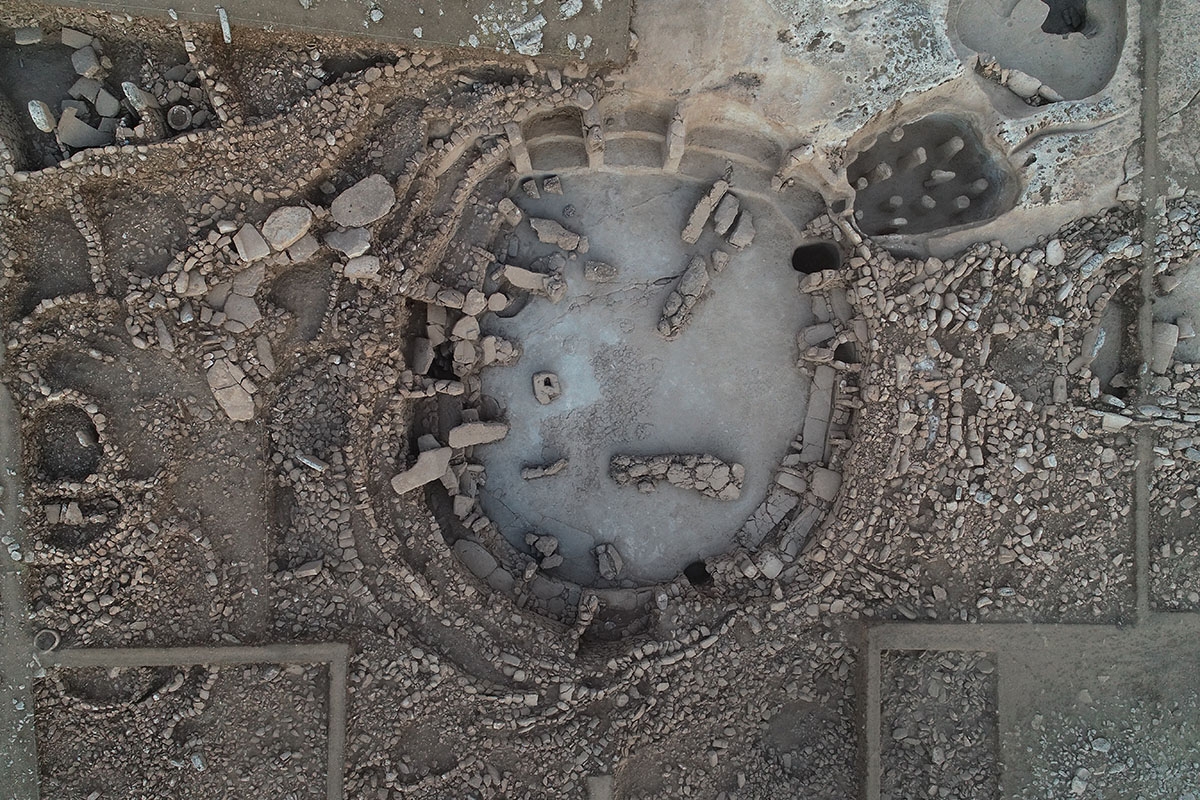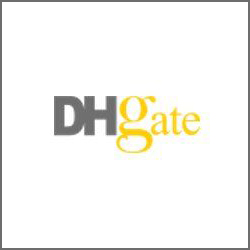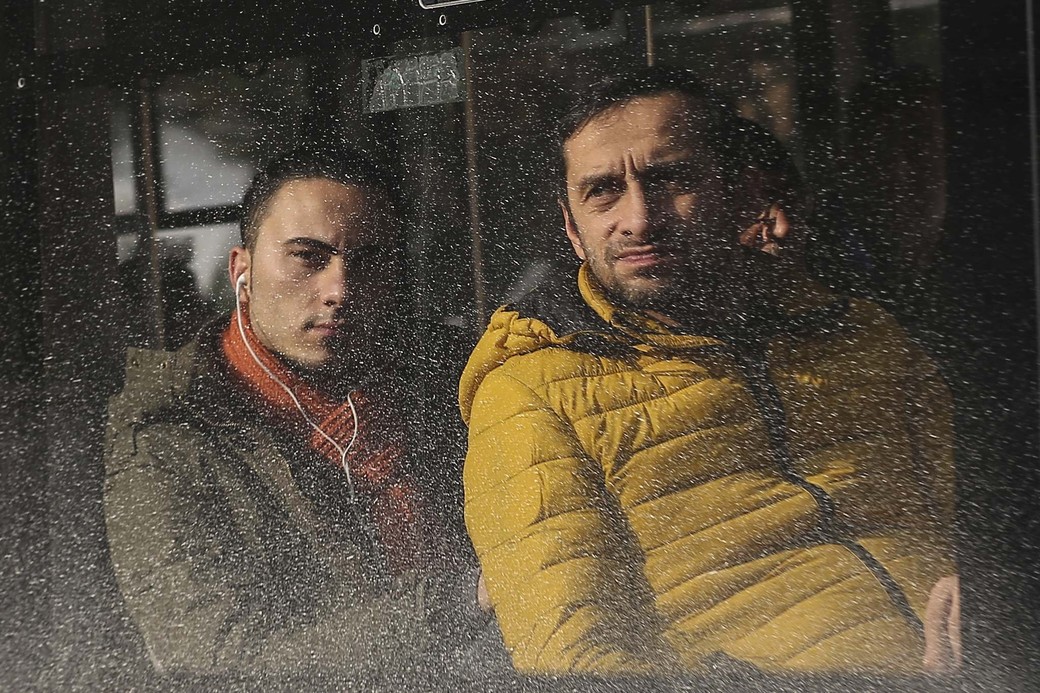
Turkey’s ‘annus horribilis’
The BBC’s Turkey correspondent, Mark Lowen, recently wrote that 2016 had “exhausted Turkey.” He was referring to the seemingly endless suicide attacks and car bombings that had stunned the country, the deadly but failed July military coup, and the devastating clashes between government forces and the Kurdish Workers Party (PKK) in Turkey’s southeast. The Russian ambassador to Turkey had also been assassinated, while the government’s post-coup purges polarized and divided ordinary Turks.
It seems long ago now that Turkey was on its way to becoming an economic powerhouse. The government was convinced it would have the third-largest economy in Europe and the 10th-largest overall by 2023, the 100th anniversary of the Turkish Republic. The expectation was that 50 million tourists would also arrive in 2023, making the country the fifth-most-visited in the world. However, a succession of poor policy decisions has effectively derailed these ambitious plans.
The first misstep was allowing foreign fighters, on their way to join the Islamic State (IS) and other terrorist groups, relatively free passage. The demise of the ceasefire with the PKK in July 2015 was another setback. The downing of a Russian jet fighter in November 2015 caused relations with Moscow to hit rock-bottom. Also in 2015, the deadliest terror attack in modern Turkish history took place outside the main Ankara railway station, killing 103 people and wounding 500 more.
But it was 2016 that was Turkey’s “annus horribilis.” The year began with German tourists blown up by an IS suicide bomber in Istanbul. This attack was followed by many others, including one by three suicide bombers targeting Istanbul’s main airport and a double bomb attack near an Istanbul soccer stadium.
In July 2016, almost half of Turkey’s generals and admirals attempted to seize power. In the aftermath, the government quickly arrested, dismissed or suspended more than 100,000 alleged supporters of the Turkish cleric Fethullah Gulen, who they blamed for orchestrating the rebellion. And, as the year closed out, the European Parliament voted in favour of a non-binding motion to temporarily freeze membership talks with Turkey over its post-coup crackdown.
Of course, not all the news coming out of Turkey in 2016 was negative. Relations with Russia were patched up. The 5.4-kilometre-long Eurasian car tunnel opened under the Bosphorus Strait, a third Bosphorus bridge was completed and work continued on Istanbul’s third airport. Post-coup, some 18,000 suspended government employees returned to work after being cleared of any links to the Gulen movement or the PKK. More than 250 associations, foundations and private educational institutions also reopened.
But good news was often sparse. The interior minister may have thought he had some when he announced Turkey had prevented 339 terrorist attacks in 2016, but this news likely had the opposite effect on investor confidence. Indeed, the Turkish lira has dropped to its lowest level against the U.S. dollar in a decade, and last year Standard & Poor’s and Moody’s both cut Turkey’s credit rating to non-investment grade. Fitch will likely follow suit, particularly given the most recent terrorist attacks in Istanbul and Izmir. As for the tourist industry, it has essentially collapsed.
About the best Canada can do to support Turkey at this juncture is to prolong our military engagement in Iraq and Syria past the end of March 2017. Defeating IS will hopefully give Ankara some breathing space, at the very least, to focus on its internal issues. Of course, we should continue engaging constructively on human rights issues, especially in the post-coup period, but also recognize that anything we do or say is likely to have little effect on a government now under daily siege from virtually every side.
Chris Kilford is the former defence attache to Turkey and is now a fellow with the Queen’s Centre for International and Defence Policy. He is a former Winnipegger.

